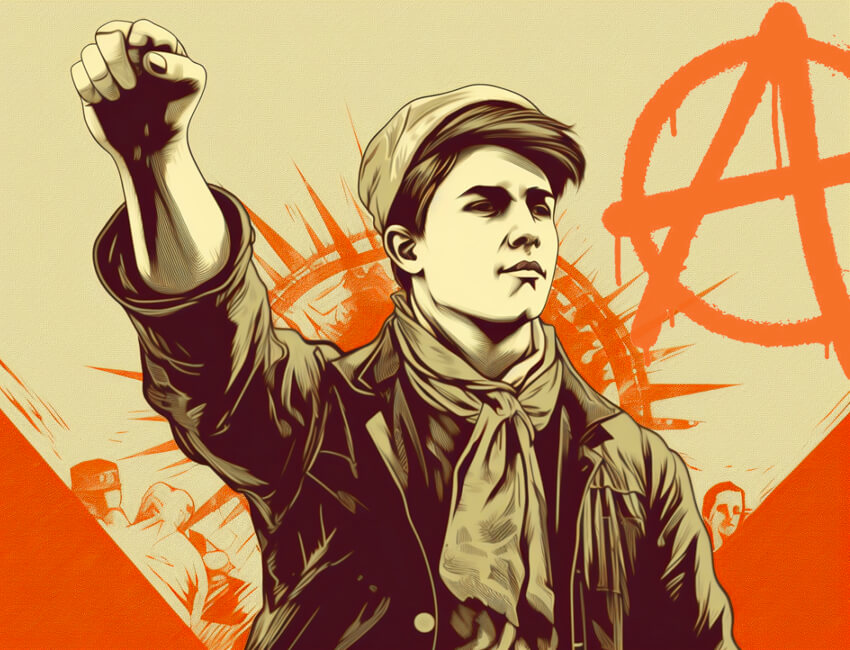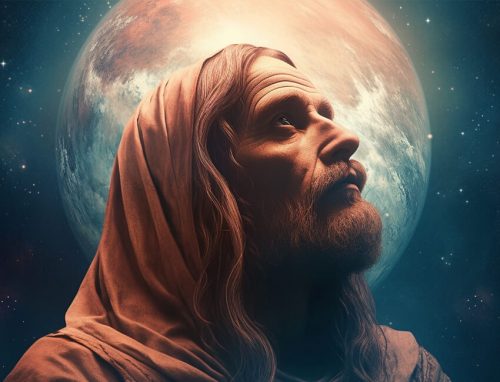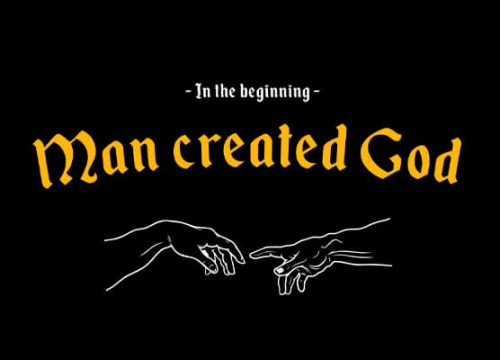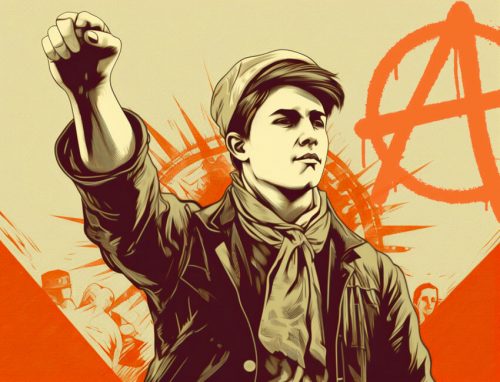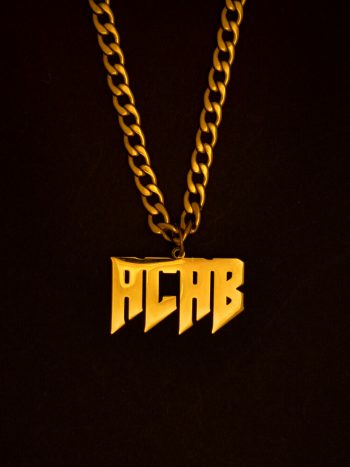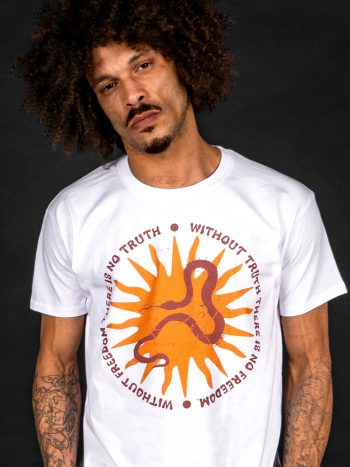Anarchism, a political philosophy advocating for the abolition of all forms of hierarchical authority, is often associated with a fervent rejection of religion. However, the relationship between anarchism and religion is far more complex. While some anarchists do reject religion, it is not a universal stance within the ideology. One of the well-known slogans associated with anarchism, “No Gods, No Masters,” encapsulates the skepticism towards authority, including religious authority. This article aims to explore the question of whether anarchists truly reject religion and the implications of the “No Gods, No Masters” slogan.
Anarchy and Religious Authority
At its core, anarchism challenges all forms of authority, including religious authority. Anarchists question the legitimacy of power structures that dictate how people should think, act, and believe. Many anarchists argue that religious institutions, like other hierarchical systems, can be oppressive and reinforce inequality. They critique religious dogma that promotes submission to divine authority or earthly religious leaders. From this perspective, rejecting religious authority aligns with the broader goal of dismantling oppressive structures.
No Gods, No Masters

The phrase “No Gods, No Masters” has become a popular slogan associated with anarchism. It succinctly encapsulates the rejection of both religious and secular forms of authority. It conveys the desire for a society free from oppressive hierarchies, be they religious, political, or economic. However, it is important to note that the slogan does not imply that all anarchists reject religion outright. It represents a strong critique of religious authority as a manifestation of hierarchical power.
Religious Anarchism
While some anarchists reject religion, others embrace religious beliefs or spirituality within an anarchist framework. Religious anarchism is a strand of thought that seeks to integrate religious or spiritual principles with anarchist values. These anarchists argue that the essence of their religious or spiritual beliefs aligns with the principles of mutual aid, voluntary cooperation, and social justice advocated by anarchism. They see religion as a potential source of personal and communal liberation, emphasizing values such as compassion, nonviolence, and egalitarianism.
Anarchists' Attitudes Towards Religion
Anarchists’ attitudes towards religion can vary widely. Some anarchists may view religion as inherently hierarchical and oppressive, while others see it as a personal matter that should not be imposed on others. The rejection of religious authority does not necessarily imply a rejection of individuals’ spiritual or personal beliefs. Anarchism, at its core, values autonomy and freedom of thought, allowing individuals to explore and practice their own beliefs as long as they do not infringe upon the autonomy of others.
The relationship between anarchism and religion is multifaceted. While anarchism is often associated with a rejection of religious authority, it is not a blanket rejection of religion itself.
The “No Gods, No Masters” slogan represents a critique of religious and secular forms of authority, but it does not imply a rejection of individual spirituality or personal beliefs. Anarchism values autonomy, freedom of thought, and the dismantling of oppressive hierarchies. As with any diverse and complex ideology, there are anarchists who reject religion and others who integrate their spiritual or religious beliefs within an anarchist framework.
Ultimately, the question of whether anarchists reject religion depends on the individual and their interpretation of anarchism’s principles.
